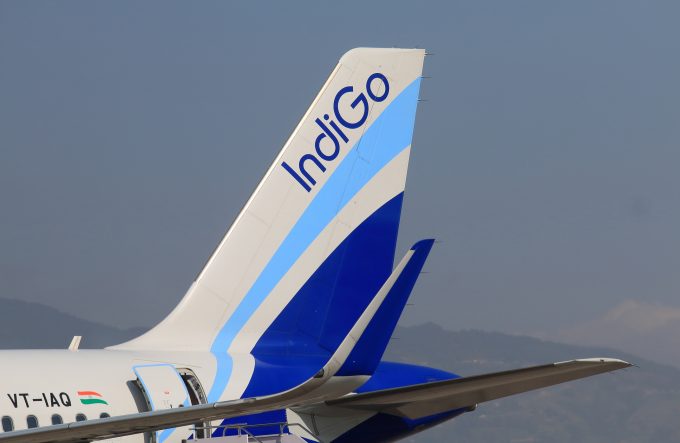Congestion at Chittagong as boxes pile up on docks and ships wait at anchor
Bangladesh’s main container gateway, Chittagong port, is grappling with severe congestion and vessels backing up, ...

India’s largest private airline, IndiGo, seems to be moving gingerly on its freighter network development, amid muted growth in air cargo imports and exports as demand headwinds plague major economies.
The addition of a dedicated freighter – a converted A321 – last September boosted the carrier’s ...

Comment on this article